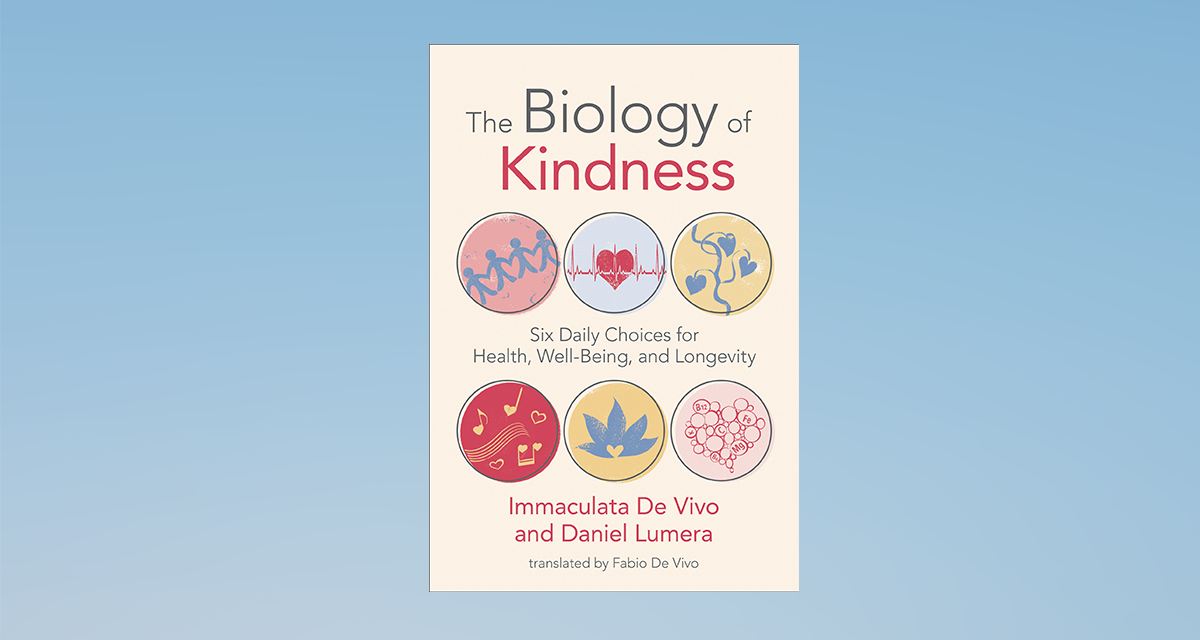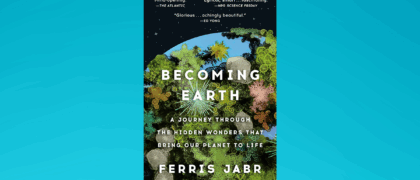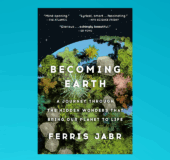The science is in: being good is actually good for you. In this bracingly original book, The Biology of Kindness—the first in a trilogy on the topic of daily wellness—the science of mindfulness and the findings of biology come together to show how kindness and optimism improve overall well-being in profound, organic, and demonstrable ways. Daniel Lumera, an expert in meditation and mindfulness, and Immaculata De Vivo, a preeminent researcher in molecular epidemiology, outline a revolutionary approach to health, longevity, and quality of life—and explain the scientific evidence that supports their work.
DOING ONESELF GOOD BY DOING GOOD TO OTHERS
Everything we do in a selfless way, without profit and only aiming at making somebody else feel good, is kindness. It can have various shades, to which we give different names. Sometimes it is altruism, sometimes compassion, and often it is empathy, gratitude, and generosity. All different forms of the same feeling of love toward others, which pushes us to perform actions for the sole pleasure of doing it, without asking for anything in return. We all do it, even when we feel we are too busy with our own needs to pay attention to those of others.
We do it in small doses, in negligible events of our day, yet more frequently than it seems to ourselves. And every time there is someone who smiles for our generosity, someone to whom we have done good or transmitted a positive emotion without expecting any counterpart.
It is a profound trait of human beings, useful for evolution because it favors the creation of social bonds and encourages collaboration, making individuals more willing to give up a piece of their selfishness to build something together with others. From small gestures to large solidarity initiatives, kindness is the best way we have to connect with others, communicate, solve problems, and achieve goals. And it is a broad concept, as we said, that includes many nuances but starts from the same spontaneous desire of wanting the good for others, both for the people we know and strangers, out of an instinctive impulse that comes from our deepest humanity.The whole set of values and tools that we present in this book as strategies to protect health and promote longevity can be contained within the concept of kindness, or rather that of the biology of kindness. Because it is a wealth of practical resources that calls into question our deep feelings, as elusive as emotions are, but that can at the same time satisfy my need, as a scientist, for tangible evidence, solid and clinically relevant data, and credible numbers and percentages. Kindness, with all of its forms, proves itself scientifically valid as a preventive tool, support to therapies, and way to physical and mental health.
Copyright © 2024 by Immaculata De Vivo and Daniel Lumera; translated by Fabio De Vivo. All rights reserved. No part of this excerpt may be reproduced or reprinted without permission in writing from the publisher.
Immaculata De Vivo is Professor of Medicine at Harvard Medical School and Professor of Epidemiology at the Harvard School of Public Health. Her research focuses on how genetic variants interact with the environment to influence susceptibility to hormonal cancers, especially endometrial cancer.
Daniel Lumera is a naturalist biologist, an expert in the sciences of well-being and quality of life and a former monk for 11 years who studied with Anthony Elenjimittam, a direct disciple of Gandhi.






